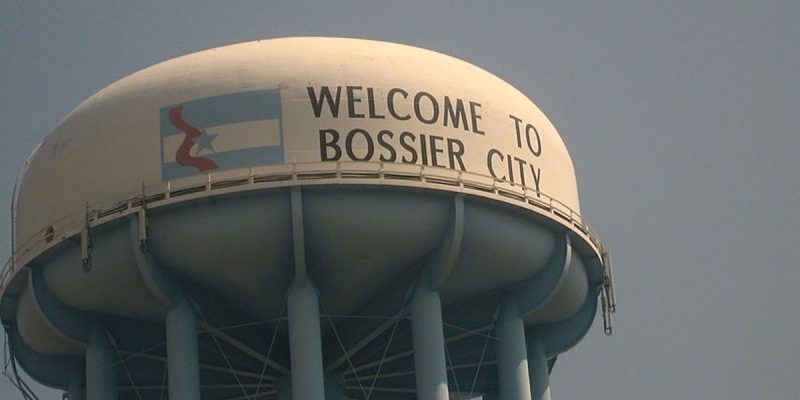The timing is bad, but the idea worse, for a Louisiana local government like Bossier City to ask for a tax hike on citizens.
Next Saturday elections will occur in most parishes in Louisiana three months later than intended. Almost all of these feature local runoffs, tax renewals, or requesting new funding for a bond issue. Uniquely among large jurisdictions, Bossier City asks for a property tax increase.
Not that city politicians wanted to make that obvious in order to increase the chances of the measure passing, as the ballot wording indicates: should the city
… be authorized to continue to levy and collect a special tax of six and nineteen hundredths (6.19) mills on all property subject to taxation in the City (an estimated $3,900,000 reasonably expected at this time to be collected from the levy of the tax for an entire year), for a period of ten (10) years, beginning with the year 2021 and ending with the year 2030, for the purpose of operating and maintaining, including salary adjustments, the Fire and Police Departments of the City, said millage to represent a nineteen hundredths (.19) of a mill increase over the 6 mills authorized to be levied through the year 2020 pursuant to an election held on May 1, 2010?
So, if the voter stops reading after the first line, he would think it’s a renewal. Wrong; it’s a 0.19 mill increase. And it’s not exactly a great time to ask voters for more of their money in the middle of the economic slowdown triggered by Democrat Gov. John Bel Edwards’ actions intended to address the Wuhan coronavirus pandemic.
Of course, the Bossier City Council cued this up at the start of the year, with the intended election date in May, before any pandemic descended. The election’s timing also was a calculated move to pass this measure: this was the runoff date associated with previous spring elections for the presidential preference primary, party offices, municipal elections, and special local government elections. In other words, it would be a low-stimulus set of elections – in the case of Bossier City, it’s the only item on the ballot – where the immediate beneficiaries of the measure – in this case city officials and police and fire employees and their families – would comprise a disproportionately large part of the electorate and presumably vote in favor the item.
Finally, note how the increase piggybacks on an existing significant portion of the city’s overall property tax of 23.36 mills. With the expiration at year’s end, defeat of the measure would knock out about $3.75 million in revenue that goes to public safety functions, or about a tenth of that spending. Politicians in essence hold the city hostage by putting out the renewal at such a late date; more responsibly, if they wanted the increase this should have been scheduled last year – albeit among a higher-stimulus set of ballot items that would decrease chances of passage – and if defeated, this year they could have scheduled for a vote only the 6 mill renewal.
Advertisement
Bossier City does face escalating public safety personnel costs, mainly because of too underfunded, too overly-generous pension costs. This year, in order to make its payment to the state retirement systems for municipal police and fire personnel, the city had to pay 28.5 percent of firefighter salaries and 33 percent of police salaries. The tax increase would provide roughly $118,000 more to combat these proportions that continue to spiral upwards on a yearly basis.
But at the same time, Bossier City isn’t hurting for dough. Its general fund contains around $20 million balance, well in excess of city ordinance that requires it represent at least 15 percent of expenditures which reach almost $60 million. And its Riverboat Gaming Revenue Special Fund, or the largesse it has received from casinos before 1999, stood at over $32 million. Legally, the city can redirect any amount of that over $30 million to any purpose; this year, it was budgeted to bring in nearly a half million more dollars. Plus, the Public Safety and Health Fund from the sale of Bossier Medical Center is at nearly $20 million after making nearly $300,000 last year; any amount over $18 million can be spent on public safety.
Clearly, if Bossier City needs just over six figures a year to fund public safety, it has sources other than new taxpayer commitments. Voters should reject the measure and teach Republican Mayor Lo Walker and the City Council a lesson not to attempt such heavy-handed tactics to force through an unnecessary tax increase, with the penalty being loss of the existing tax receipts for at least a year while elected officials make an attempt – in an election year – to add back only the 6 expired mills.
Advertisement
Advertisement

